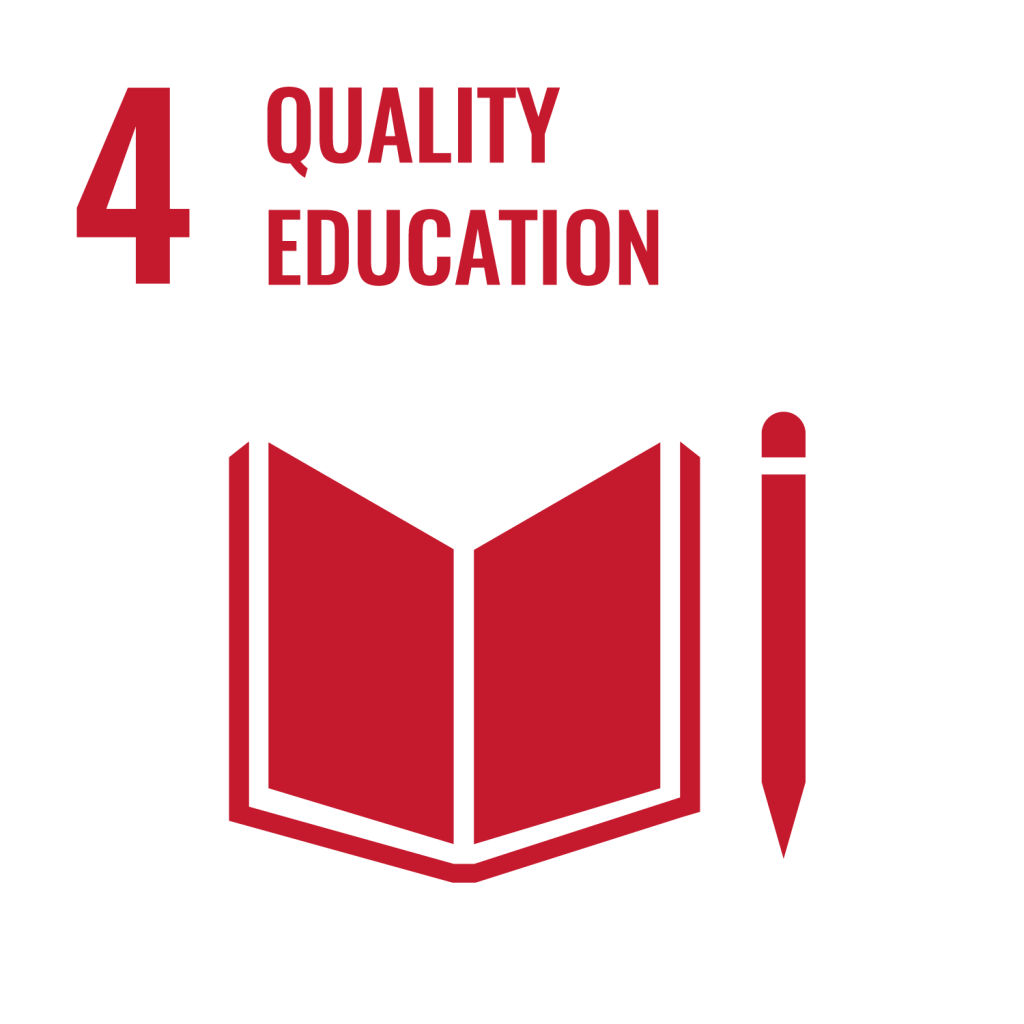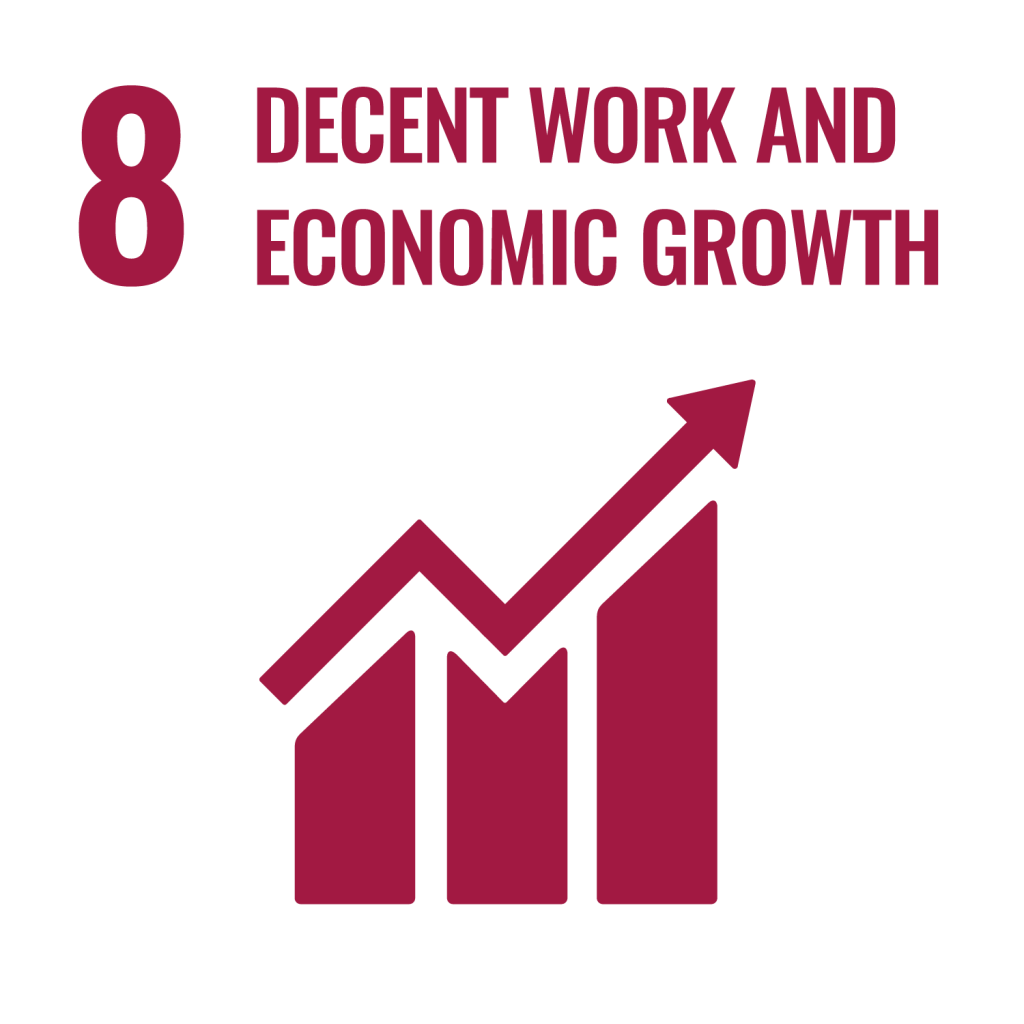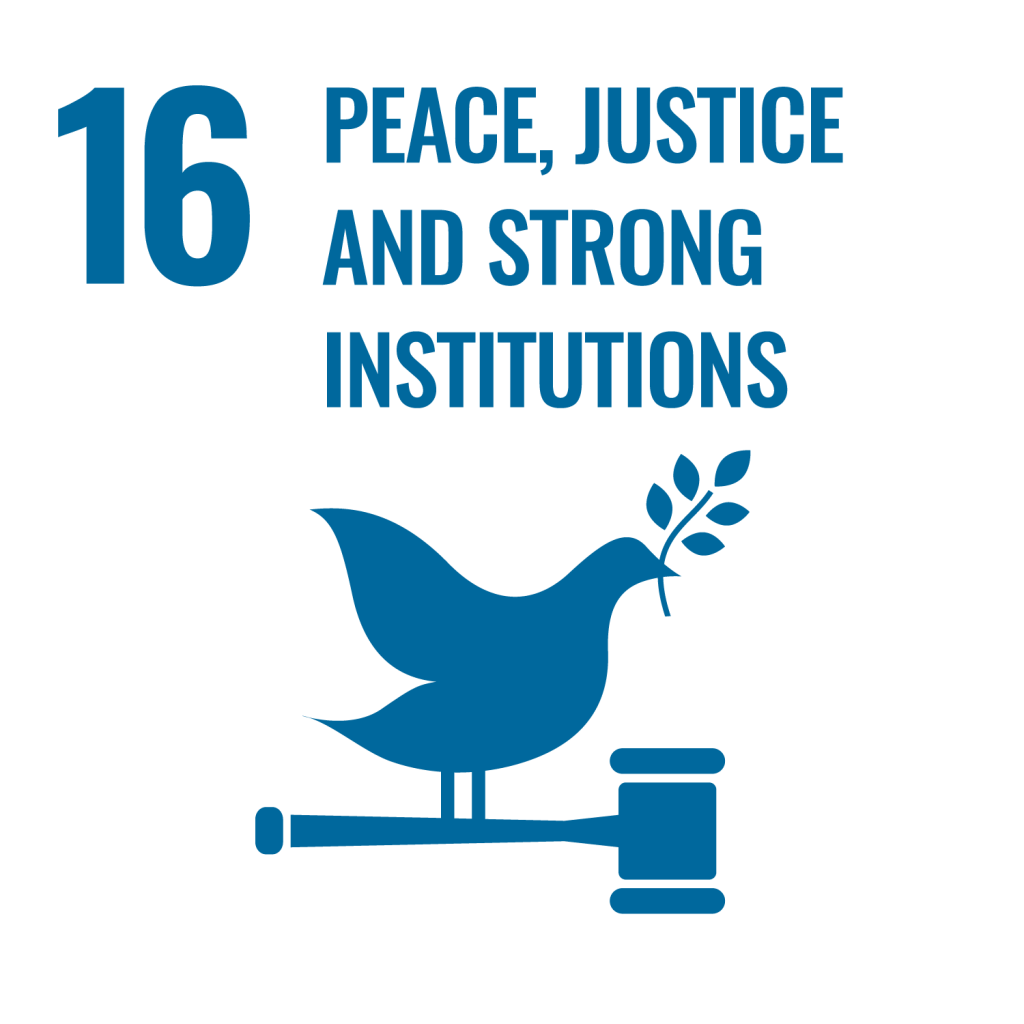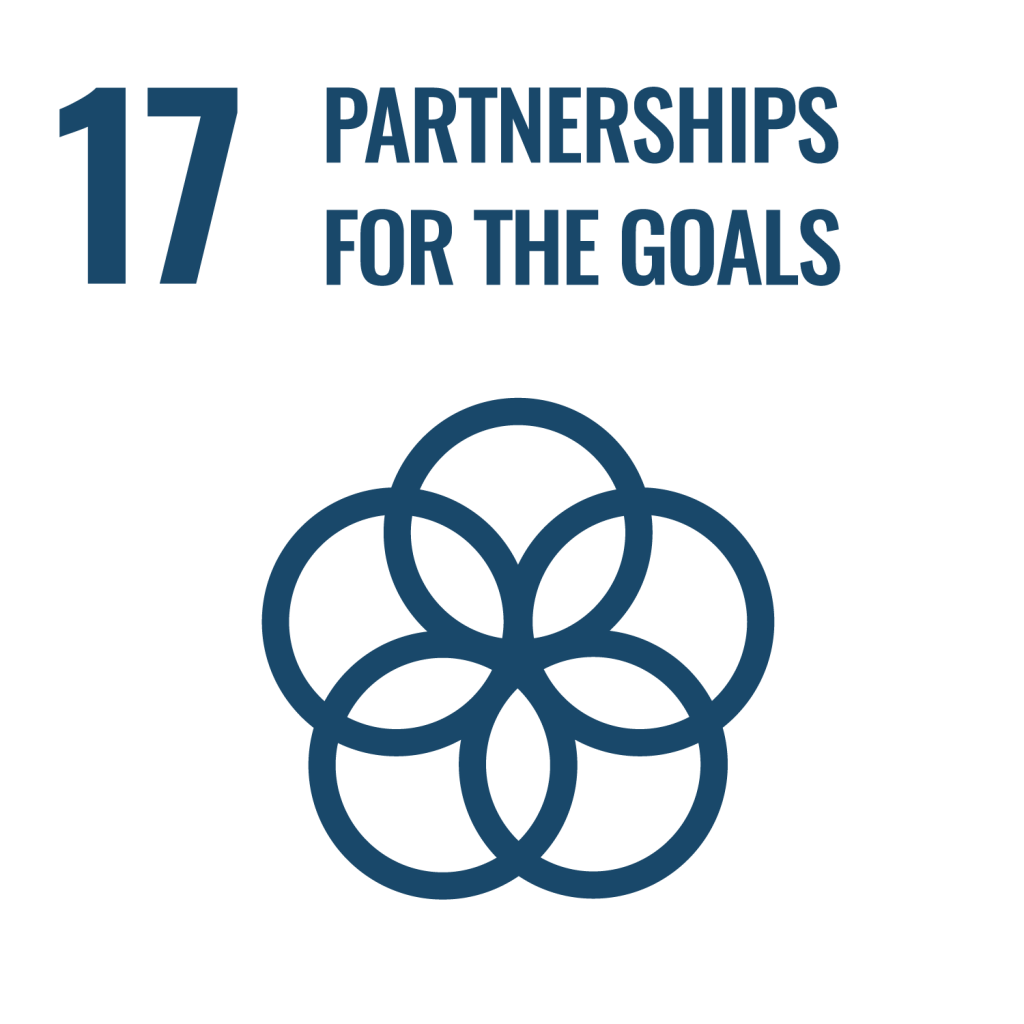Dusk was just beginning to set in Lagos when 16-year-old Kelechi was taken into custody. He had stolen a phone from a vehicle. It was his first arrest, but not the first time he had pushed the limits out of desperation. Kelechi had dropped out of school two years ago, following his mother’s death. He had slept overnight in a garage attended by a mechanic, scavenged on leftovers, and run odd errands until he stole the phone and was taken into custody. He was another young Nigerian who had fallen afoul of the rigid, heartless mechanism of the system of justice.
Such reports are not unusual to encounter. In Nigeria, where over 70% of the population is below the age of 30, boundaries between youth, poverty, and crime are all too pathetically thin. Crimes by young people are rarely driven by malice. More often, they are silent cries for assistance from children who are beset by misfortune, forced to cope with adulthood too soon, with too little direction and far too little chance. But the answer to the appeals is often one borne of punishment rather than rehabilitation. When young people come into conflict with the law, society often sees them as criminals to be imprisoned, rather than as children who need to be directed, educated, and offered a chance to reform.
Throughout much of Nigeria, juvenile justice still operates in a strongly punitive framework. Juvenile remand homes are overpopulated and often poorly equipped to deal with the complex emotional and psychological problems of young offenders. Rather than being schools of reform, they tend to become pipelines into more criminal behaviour. The irony is that the very same institutions that are put in place to deter crime may be accelerating it by mixing first-time offenders with career criminals, depriving them of hope, and releasing them worse than how they came in.
Rehabilitation offers a different alternative. It considers the child behind the crime. Different countries around the world are moving toward restorative and rehabilitative juvenile justice systems, realising that children are still being developed mentally, emotionally, and socially and that interventions with a focus on support rather than punishment perform much better. It is not just about compassion; it is also about performance. Countries like Norway, New Zealand, and even some American states have reduced recidivism among youth through counselling, education, family life support, and reintegration into society programs.
In the Nigerian case, the need is even more urgent.
With youth unemployment widespread and public trust in the police often near breaking point, overhauling the juvenile justice system is not only a social but an ethical necessity. Institutions like the Nigerian Correctional Service and non-governmental organisations should consider alternatives such as offering literacy classes, vocational training, and legal aid to juveniles.
In some states, experimental restorative justice programs are gaining traction, bringing together victims and offenders in carefully supervised environments to foster accountability and healing. They’re tiny, but they’re seeds of hope.
Kelechi’s path could have led him to a cell, but what if it didn’t have to? What if, rather than a criminal charge, he was offered mentorship? Rather than jail, schooling? Rather than shame, care? What if, instead of being seen as a warning, he was seen as a potential citizen who had something still to give? Rehabilitation asks us not only to imagine that future but also to fight for it.
We must also face the uncomfortable fact that there is a disparity in juvenile justice in Nigeria. Children from wealthier sections of society barely experience the full brunt of the law for the same offence. It is the poor, the vulnerable, and the unseen who mostly get pinched by the system. Real reform is not simply reforming policy, but reforming minds. It means instructing the police to speak respectfully to children regardless of background and in a way that is permitted by law. It means investing in community programs that educate children to remain in school, offering mental health care, and offering real employment opportunities.
Admittedly, society has to react when laws are broken. But it has to be done in a measured, thoughtful manner and with an openness to redeem, not reject, a young life. Every juvenile criminal is a son, a daughter, a postponed dream. To restore them is not to affirm the harm they’ve caused, but to believe they can be taught to make a different choice, especially if someone will walk with them.
Finally, juvenile justice is not about correctional facilities or legal systems. It’s about what we wish our society to be: a society that prizes safeguarding children, even when they err. It’s about whether we’re prepared to make second chances part of the routine, and considering it not as charity but as an investment in our shared future. For Nigeria, with its youth and rich culture, that future teeters on the balance of how we treat our most vulnerable children today.
Happy International Day of the Boy Child.






